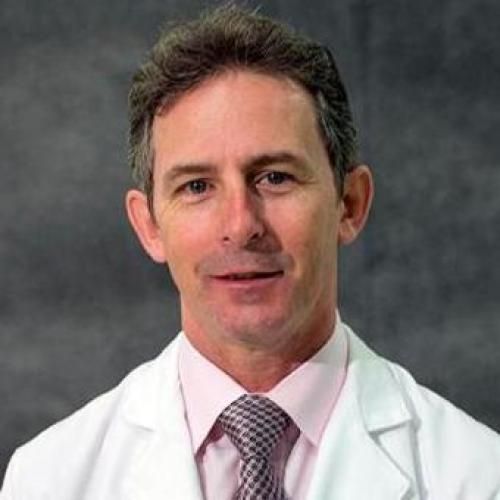
Development and validation of a cerebral oximeter capable of absolute accuracy.
OBJECTIVE: Cerebral oximetry may be a valuable monitor, but few validation data are available, and most report the change from baseline rather than absolute accuracy, which may be affected by individuals whose oximetric values are outside the expected range. The authors sought to develop and validate a cerebral oximeter capable of absolute accuracy. DESIGN: An in vivo research study. SETTING: A university human physiology laboratory. PARTICIPANTS: Healthy human volunteers were enrolled in calibration and validation studies of 2 cerebral oximetric sensors, the Nonin 8000CA and 8004CA. The 8000CA validation study identified 5 individuals with atypical cerebral oxygenation values; their data were used to design the 8004CA sensor, which subsequently underwent calibration and validation. INTERVENTIONS: Volunteers were taken through a stepwise hypoxia protocol to a minimum saturation of peripheral oxygen. Arteriovenous saturation (70% jugular bulb venous saturation and 30% arterial saturation) at 6 hypoxic plateaus was used as the reference value for the cerebral oximeter. Absolute accuracy was defined using a combination of the bias and precision of the paired saturations (A(RMS)). MEASUREMENTS AND MAIN RESULTS: In the validation study for the 8000CA sensor (n = 9, 106 plateaus), relative accuracy was an A(RMS) of 2.7, with an absolute accuracy of 8.1, meeting the criteria for a relative (trend) monitor, but not an absolute monitor. In the validation study for the 8004CA sensor (n = 11, 119 plateaus), the A(RMS) of the 8004CA was 4.1, meeting the prespecified success criterion of <5.0. CONCLUSIONS: The Nonin cerebral oximeter using the 8004CA sensor can provide absolute data on regional cerebral saturation compared with arteriovenous saturation, even in subjects previously shown to have values outside the normal population distribution curves.
Duke Scholars
Published In
DOI
EISSN
Publication Date
Volume
Issue
Start / End Page
Location
Related Subject Headings
- Young Adult
- Prospective Studies
- Oximetry
- Male
- Humans
- Female
- Cerebrovascular Circulation
- Anesthesiology
- Adult
- 3201 Cardiovascular medicine and haematology
Citation

Published In
DOI
EISSN
Publication Date
Volume
Issue
Start / End Page
Location
Related Subject Headings
- Young Adult
- Prospective Studies
- Oximetry
- Male
- Humans
- Female
- Cerebrovascular Circulation
- Anesthesiology
- Adult
- 3201 Cardiovascular medicine and haematology


